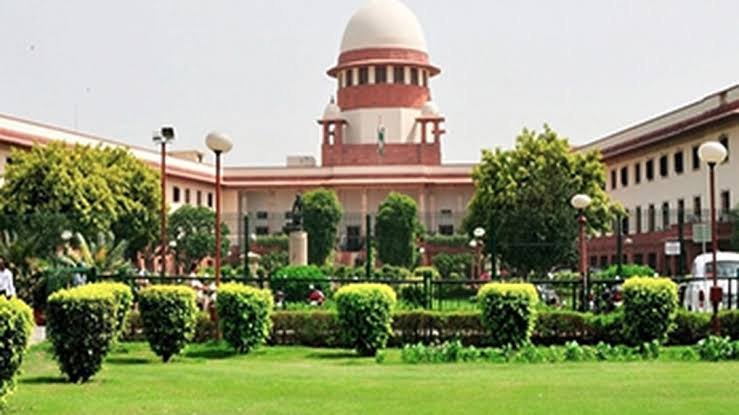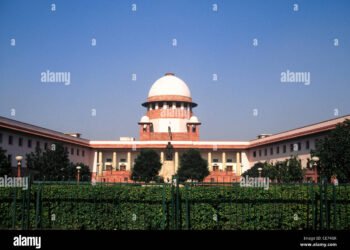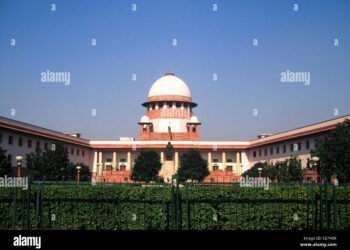A five-judge Supreme Court Constitution committee threw down the electoral bonds scheme on Thursday, deeming it “unconstitutional” and permitting anonymous payments to political parties. Only months before the Lok Sabha election, the much awaited ruling declared that the electoral bonds program infringed against the right to freedom of speech and expression as guaranteed by Article 19(1)(a) of the Constitution.
Chief Justice Chandrachud declared, “Information about funding of political parties is essential for the effective exercise of the choice to vote,” in invalidating the program, which had been implemented by the Finance Act of 2017.
The Election Commission of India (ECI) has ordered the State Bank of India (SBI), the bank that issues electoral bonds, to provide it with a list of political parties that have received bonds since 2019. The deadline for this request is three weeks. It has been requested that the ECI post these facts on its official website as well.
Supreme Court Verdict: Main points
1. It has been decided that the electoral bonds scheme is unconstitutional. According to Article 19(1)(a) of the Constitution, the Supreme Court found that the plan infringed citizens’ access to knowledge and affected their freedom of speech and expression. The Supreme Court declared, “Achieving transparency in political funding cannot be achieved by granting absolute exemptions.”
2. The top court mandated that the issuing bank (SBI) immediately cease issuing electoral bonds. By March 6, 2024, the Election Commission has requested information from the State Bank of India regarding electoral bond donations as well as the political parties that received them. Election bonds that political parties have not cashed must be given back to the original buyer.
3. The Income Tax Act and the Representation of People Act modifications that had rendered the donations anonymous were also overturned by the Supreme Court.
4. The Supreme Court made a significant observation when it stated that the election system will benefit the ruling political party. Additionally, it ruled that the plan could not be supported by the argument that it would stop the flow of black money into politics. Different degrees of political participation are a result of economic inequality. Information access influences policy decisions and can result in quid pro quo agreements that benefit the ruling party, according to the ruling of the Supreme Court.
5. The Companies Act change that permitted corporate political donations on a broad scale was deemed “unconstitutional” by the court. The CJI claimed that it went against citizens’ rights to information about potential quid pro quos. Before the Companies Act was changed in 2017, Indian businesses that were losing money were not permitted to make contributions.
Electoral Bonds Scheme
Any individual, corporation, enterprise, or organization of people may purchase an electoral bond, which is similar to a promissory note or bearer bond, as long as they are Indian citizens, or have been formed or created in India. The bonds are specifically intended to be used as a means of funding political parties.
In its affidavit, the Center stated that there is no way to obtain “black money” or unaccounted money through the Electoral Bonds program’s “completely transparent” funding mechanism.
The supreme court has been dealing with a number of petitions that challenge the changes made to various legislation by the Finance Acts of 2016 and 2017, arguing that these changes have allowed political parties to receive unrestricted and limitless funding.
Also read: ‘Electoral Bond Scheme’ Unconstitutional, Refund Money: Supreme Court













